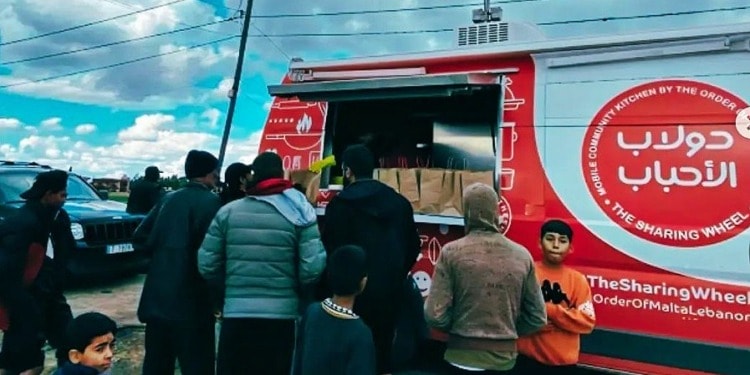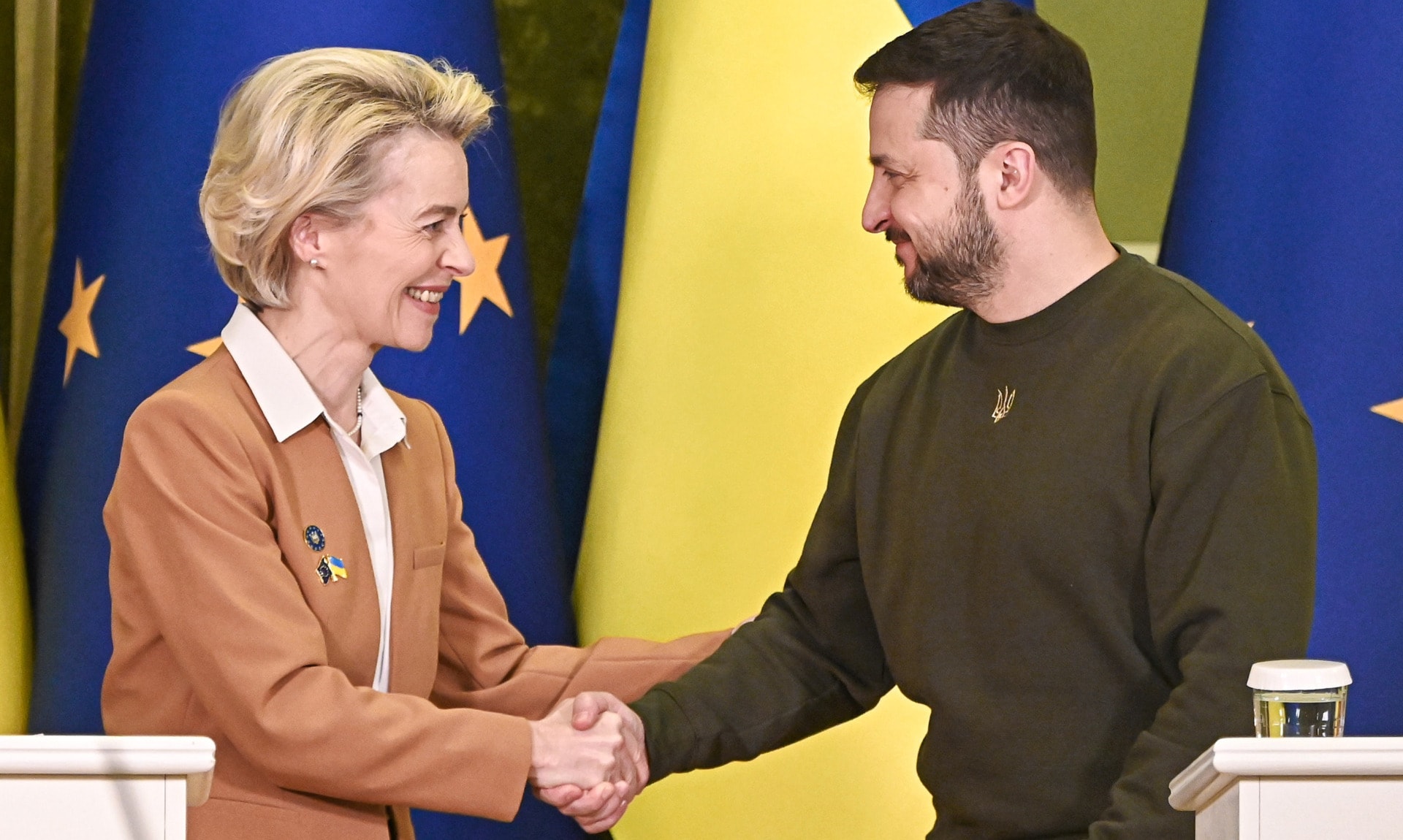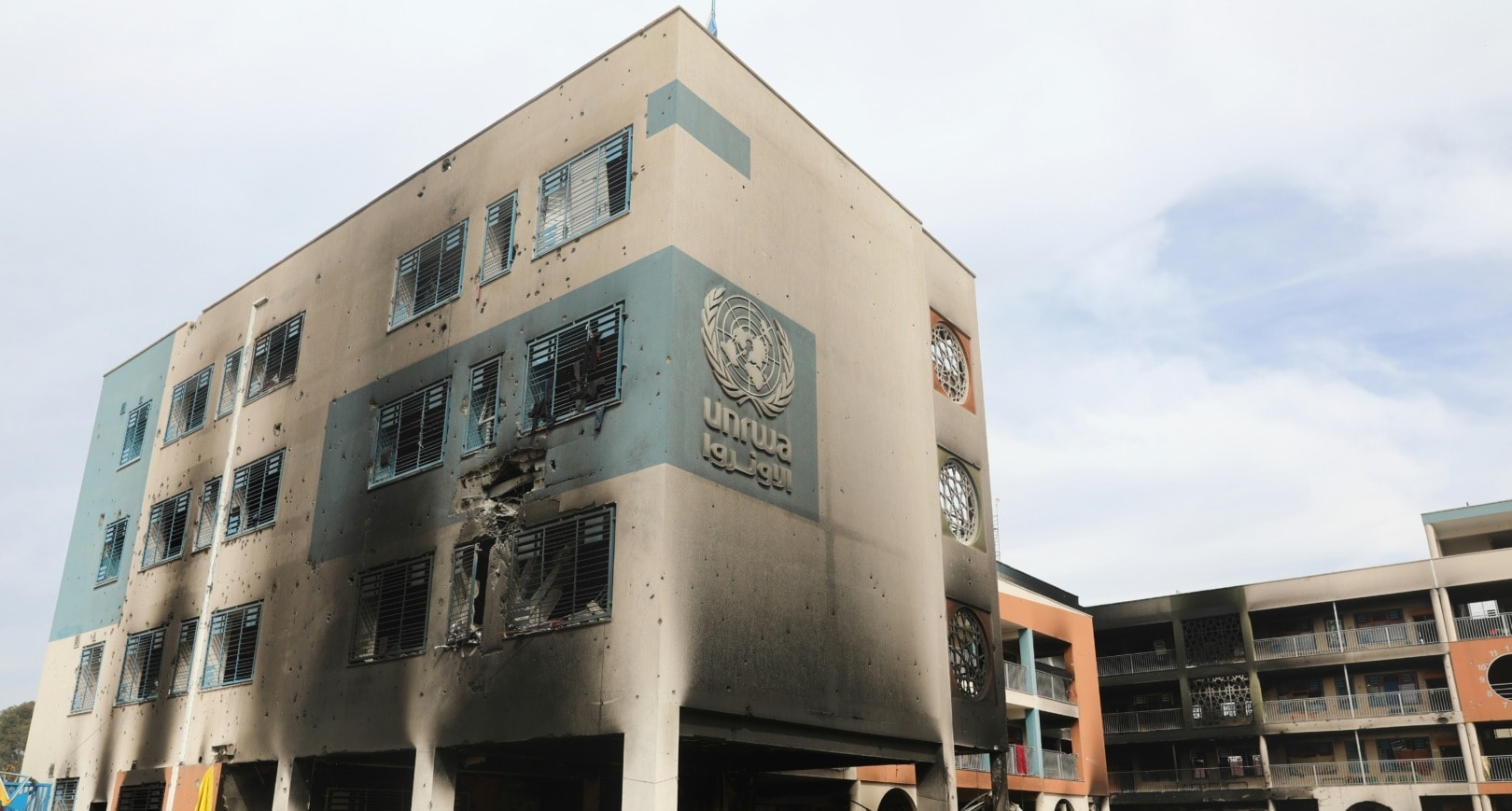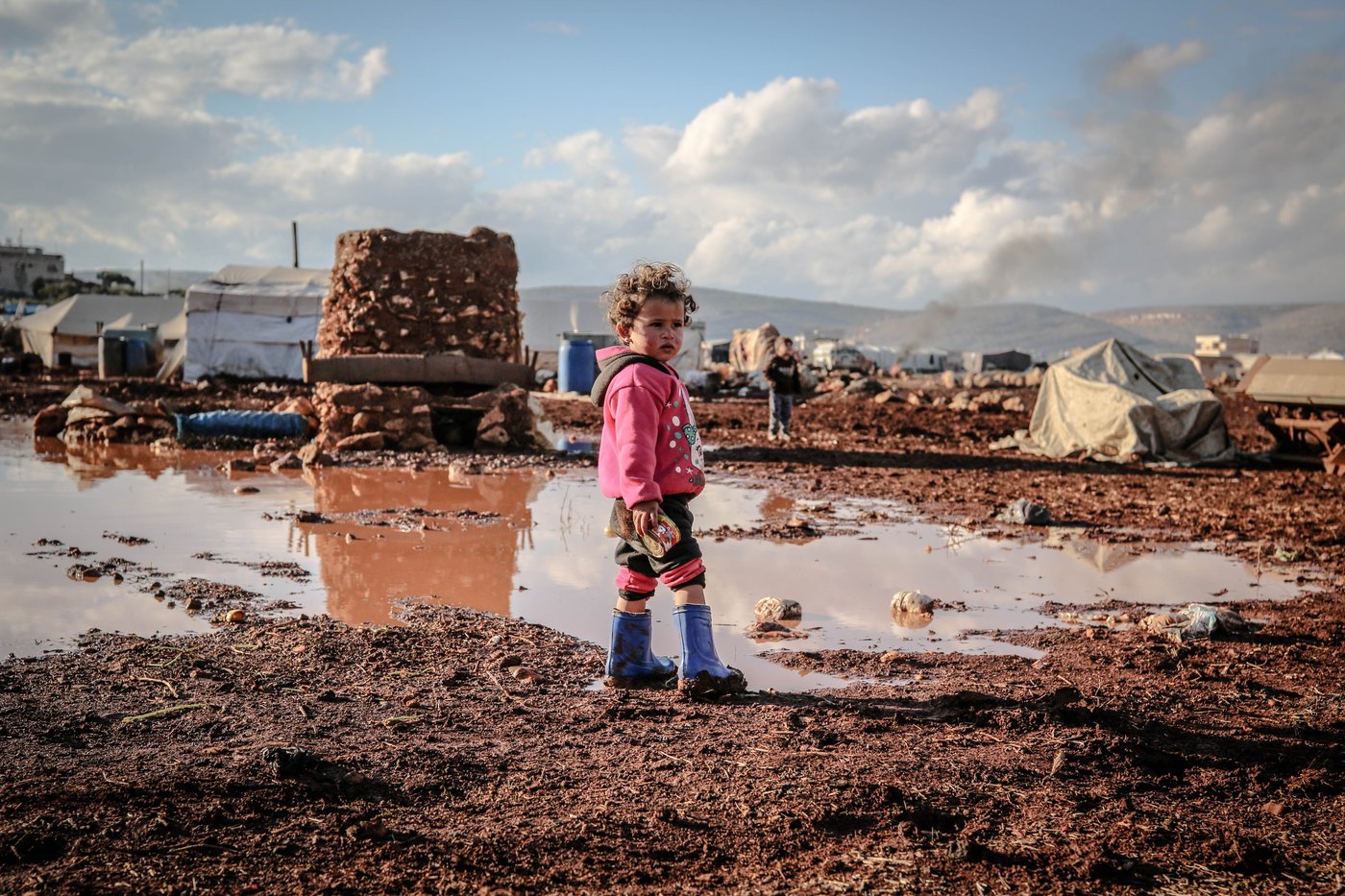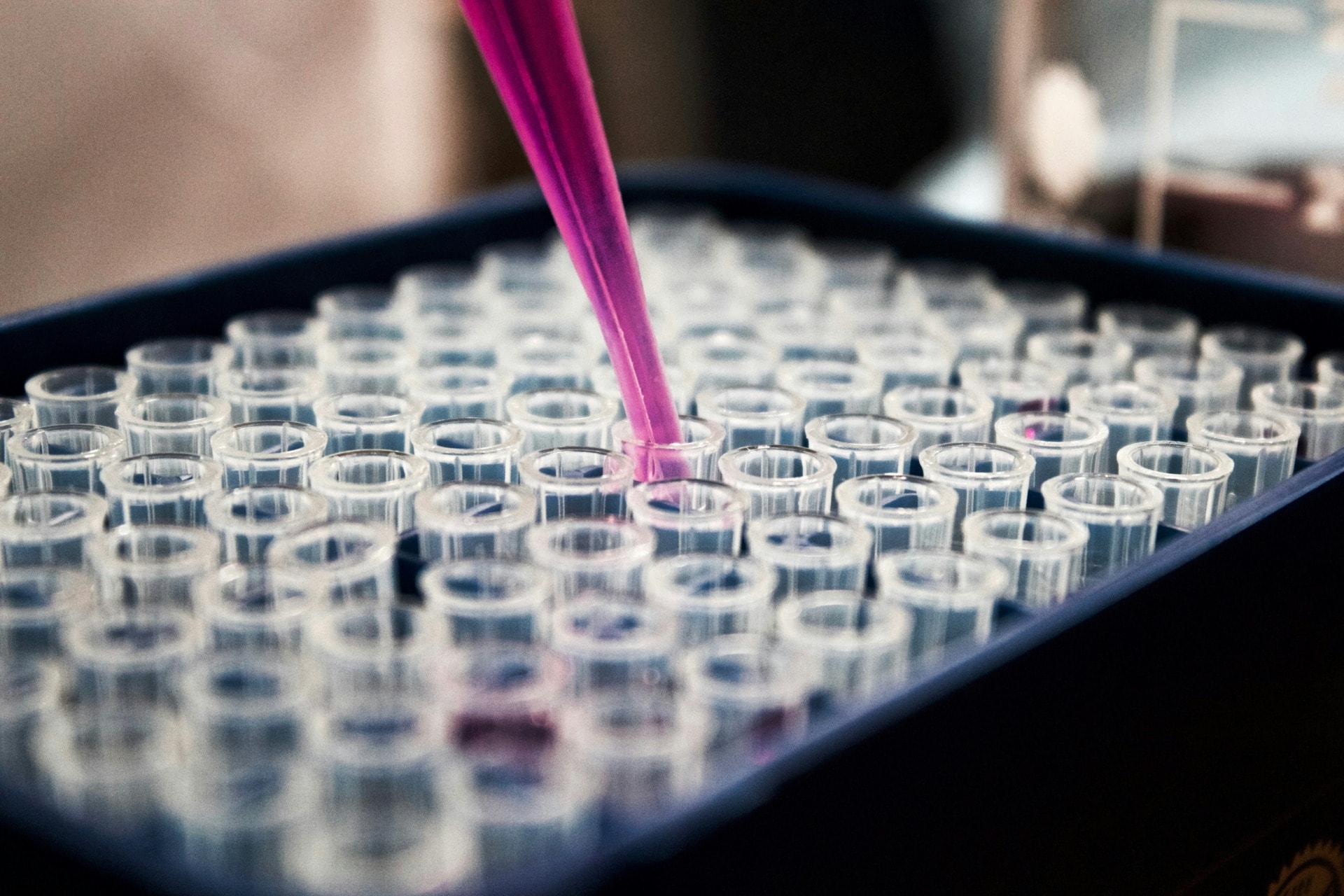The war in Gaza, as we now know, is tragically spreading in the region, sometimes by accident, sometimes willfully. But what is most tragic about this war is the number of civilians killed, especially children and women, and the tsunami of refugees it has caused – disproportionately high compared to past wars and even the ongoing one in Ukraine.
When looking a the numbers of civilian casualties, we need to realize that they may not be entirely accurate as they are hard to come by in times of war – so for comparison purposes, the numbers are rounded off. According to the Palestinian Health Ministry, as of January 22, 2024, the number of civilian deaths in Gaza was estimated to be 25,000.
And this is a number repeated and accepted by the UN Secretary-General who decried the scale of Gaza deaths as “unacceptable”. Moreover, it is estimated that five out of every 10 victims are minors – and this means around 12,500 children were killed.
On the other hand, the number of civilian deaths in Ukraine is much lower – not that this makes it any less tragic. On November 15, 2023, the United Nations Human Rights Monitoring Mission in Ukraine (HRMMU) reported over 10,000 civilians killed, including over 560 children, since the start of the war on February 24, 2022 – and in this case, as in Gaza, hospitals were hit, in particular the maternity ward in Mariupol.
Every death is a moral scandal and should not have happened. But the numbers, heartbreaking as they are, tell a very different story in Ukraine compared to Gaza: Around 10,000 dead in Ukraine, less than half of Gaza – and that’s in two years of war, not four months like in Gaza. And there are no words that can describe the difference in the number of children killed: Over 12,000 compared to close to 600.
In terms of the percentage of the total population killed, the population of Gaza is estimated to be around 2.1 million, while the population of Ukraine is around 42 million. Therefore, the percentage of the population killed in Gaza is approximately 1.19%, and in Ukraine is approximately 0.0167%. Such percentages are a clear index of the level of brutality of the war.
Amid all this brutality, there are heartening signs of human kindness…
This week, Vatican News reported a “view from the ground” from two brave women coming back “from the front”, meaning Palestine and Lebanon. One is Michèle Burke Bowe, the Order of Malta’s Ambassador to Palestine and the other is the Order’s Ambassador to Lebanon Maria Emerica Cortese.
Both women are experienced managers and diplomats, members of the Order of Malta that operates, inter alia, a major maternity ward in Bethlehem, the Holy Family Hospital that serves the whole region, and several dispensaries in Lebanon, including close to the border with Gaza:
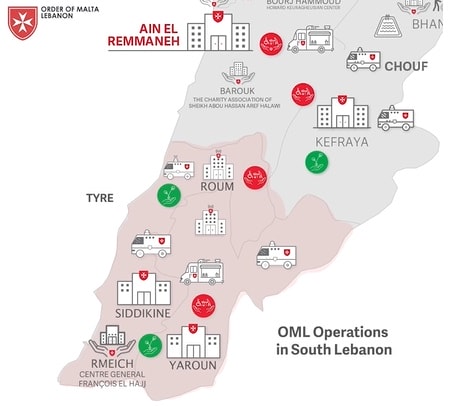
All this humanitarian aid is always open 24/24, welcoming anyone in need, regardless of religion.
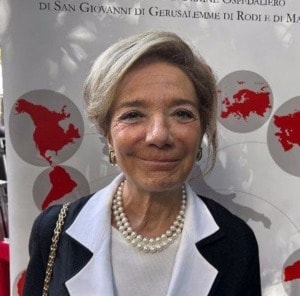
Recently, a couple of these dispensaries close to be border were bombed, the latest hit on 19 January. “But we continue to work”, reported Ambassador Cortese. She explained that the equipment was moved to a field hospital next to the Red Cross. “Our mobile units take care not only of our patients but also of refugees”, she said, providing seeds to farmers.
There is also the so-called roue du partage, the “sharing wheels” project with three minibusses that distribute hot meals every day. This is necessary since economic conditions are dire for ordinary people who often cannot buy enough food, she reported. “70% of their income goes toward the purchase of basic necessities.”
“We also work a lot with associations of other confessions and other faiths”, she said. “In the four dispensaries in the south of the country, many of our doctors are Shiites and wear the Maltese cross on their uniform. We work with both Shiites and Sunnis. Above all, we help everyone.”
On the West Bank, Ambassador Bowe who started coming to Palestine in the 1970s, painted an equally dismal picture of abrupt change since the building of the wall by Israel that stopped the happy intermingling of people, including from Israel, that had been so characteristic of the region 50 years ago.
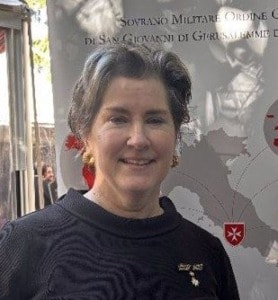
Ambassador Bowe is also the President of the Holy Family Hospital in Bethlehem where all babies, whether Muslim, Jewish or Christian, are born. Since 1990 more than 100,000 babies have been born in the hospital. The Holy Family Hospital delivers approximately 60 percent of all Bethlehem infants, maintaining a survival rate of nearly 100 percent.
It is the only hospital in the region medically equipped to deliver babies born before 32 weeks. The Hospital is often asked to accept the Bethlehem region’s most challenging medical cases, and about 9% of all newborns delivered at the Hospital require neonatal intensive care.
As Palestine has no national health care system, the hospital’s operating costs are sustained by the Order of Malta. Patients are only asked to pay what they can afford.
“It was wonderful to be with the families and in our hospital,” she said, “but at the same time, it was absolutely heartbreaking. Seeing how militarized things have become, seeing the checkpoints, seeing unemployed people who had already spent two and a half years without work during Covid.”
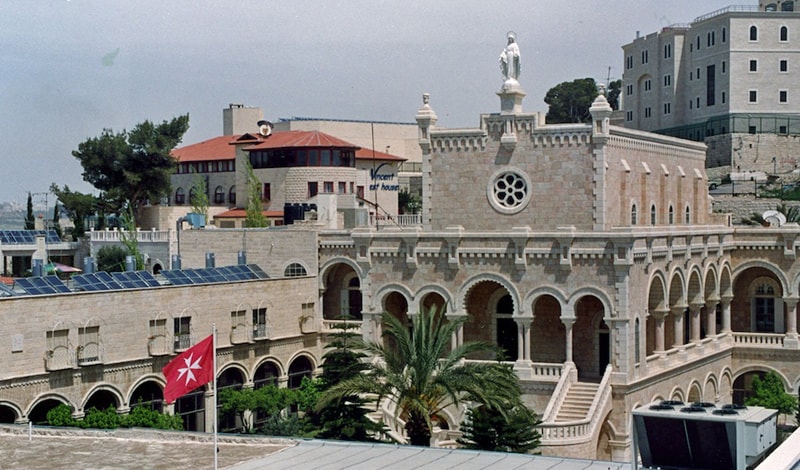
Ambassador Bowe underlined that in reality “people don’t know what is happening, if the war is coming to the West Bank. In Gaza, it is heartbreaking, especially for the dead children.”
She denounced the very high number of minors left orphaned. Last November it was just over 17 thousand, she said, now it has doubled: “The humanitarian situation requires the world’s attention.”
The hospital is currently working in crisis mode, the intensive unit is full. “Our staff works twelve-hour shifts. People don’t have the funds to contribute to our work,” she explained.
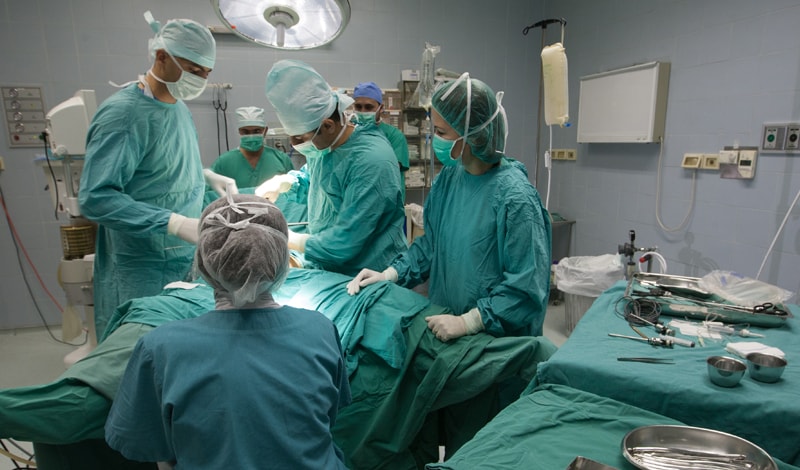
To restore peace, what is the solution?
“I think that every person has the right to self-determination,” said Ambassador Bowe. “And I think the wall needs to be torn down. We need a two-state solution, diplomacy and a state built on peace and coexistence. It will take a long time to rebuild Gaza, and I hope it will not take longer to rebuild the coexistence that I have seen deteriorate from the 1970s to today.”
Here you can listen to her whole interview:
Featured image: Food distribution in Lebanon by Order of Malta mobile Community Kitchen project: 800 meals were served to those affected by the floods in Akkar, Jan.30, 2024, by “Roue du partage” or “Sharing Wheel” in collaboration with Al Matbakh, an initiative by Utopia Organization:. Source: Order of Malta Lebanon


